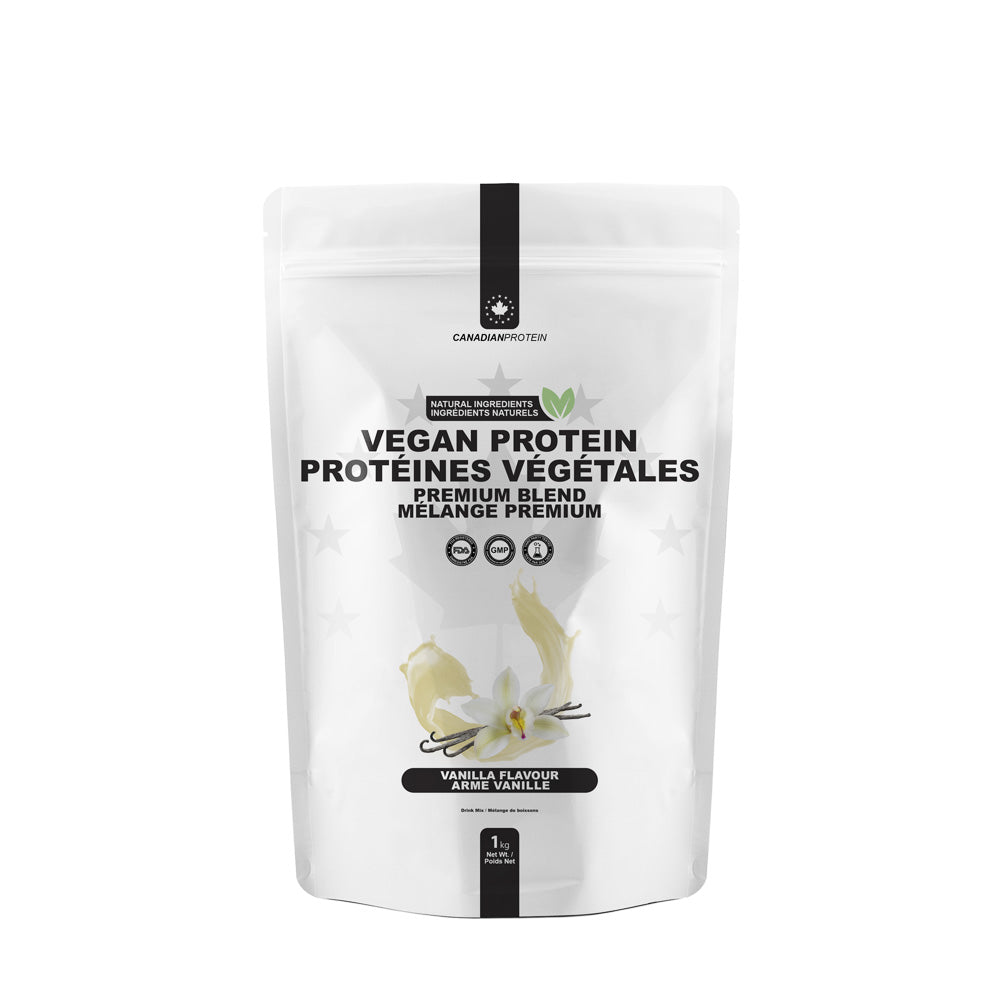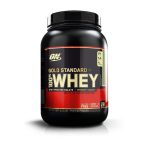Introduction: The Rise of Plant-Based Proteins
The Growing Popularity of Vegan Diets
The rise in popularity of vegan diets is driven by increasing awareness of health benefits, environmental concerns, and animal welfare issues. More individuals are turning to plant-based diets to reduce their carbon footprint, improve their overall health, and avoid animal products. This shift has led to a surge in demand for vegan protein sources to ensure adequate protein intake without relying on animal-derived products. Vegan protein powder have become a staple supplement for those seeking to maintain a balanced diet while adhering to vegan principles.
Importance of Protein in Vegan Diets
Protein is a crucial macronutrient necessary for muscle growth, tissue repair, enzyme function, and overall health. Given the elimination of animal products, vegans need to find effective ways to meet their protein requirements through plant-based sources. Vegan protein powders offer a convenient and efficient way to supplement dietary protein, ensuring that individuals get the necessary amino acids for optimal health. This guide explores the benefits of vegan protein powders, different types available, how to use them, and how to choose the best product for your needs.
Types of Vegan Protein Powders
Pea Protein
Pea protein is derived from yellow split peas and is known for its high protein content and excellent amino acid profile, including all nine essential amino acids. It is especially rich in branched-chain amino acids (BCAAs), which are critical for muscle building and repair. Pea protein is easily digestible and hypoallergenic, making it suitable for those with food sensitivities or allergies. It has a mild taste and blends well with other ingredients, making it a versatile option for shakes, smoothies, and baking.
Hemp Protein
Hemp protein is made from ground hemp seeds and is renowned for its nutritional density. It provides a complete protein source, containing all essential amino acids, and is rich in omega-3 and omega-6 fatty acids. Hemp protein also has a high fiber content, promoting digestive health. Its mildly nutty flavor complements a variety of dishes and beverages. However, due to its lower protein concentration compared to other vegan protein powders, it is often combined with other protein sources to meet higher protein requirements.
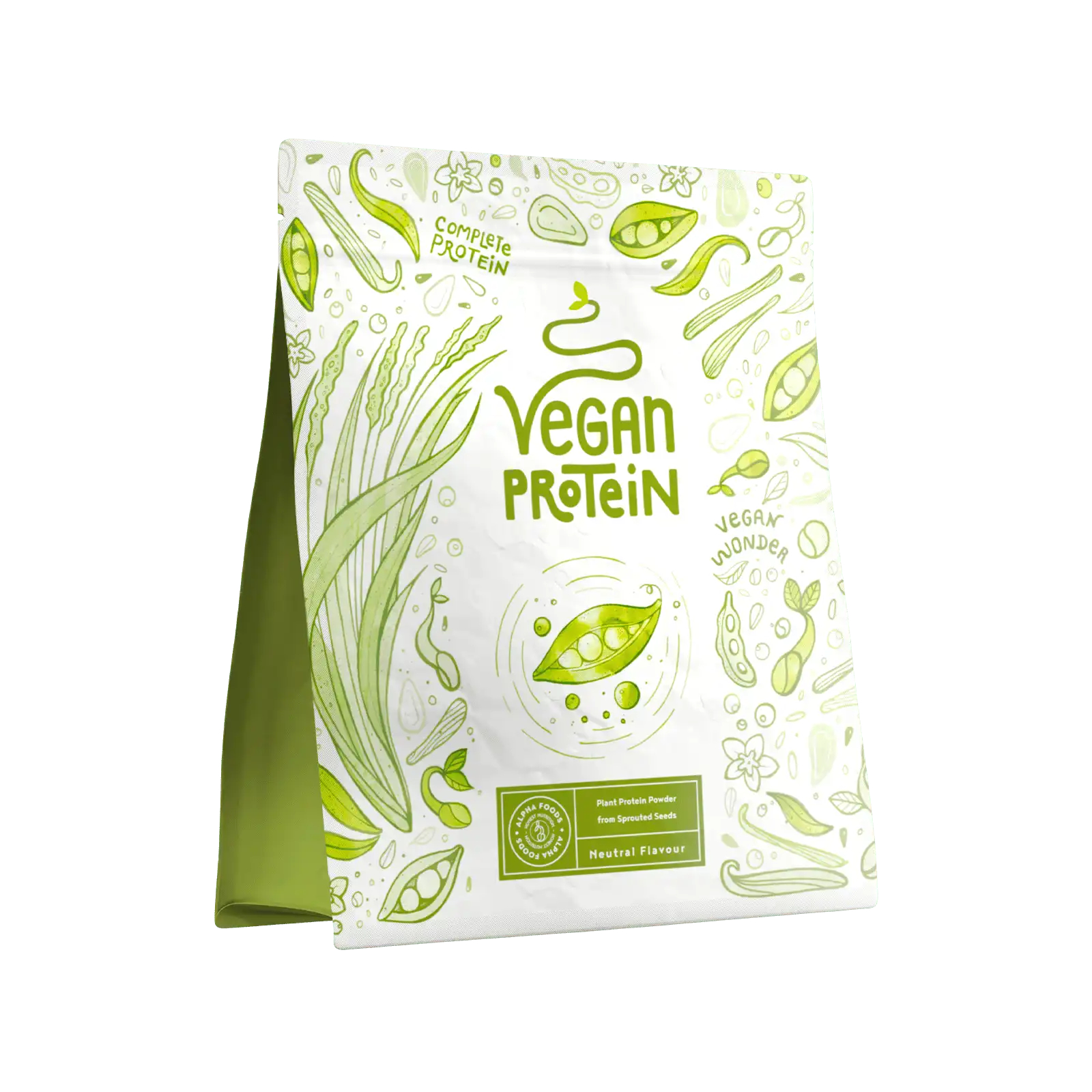
Benefits of Vegan Protein Powders
High Nutrient Density
Vegan protein powders are not just protein sources; they also offer a wealth of other nutrients. Many vegan protein powders are derived from whole foods, retaining beneficial compounds such as fiber, vitamins, and minerals. For example, hemp protein is rich in essential fatty acids, while brown rice protein contains significant amounts of B vitamins and antioxidants. These additional nutrients can enhance overall health, support immune function, and contribute to a well-rounded diet. Vegan protein powders provide a nutrient-dense option for those looking to boost their protein intake.
Digestive Health and Allergen-Free Options
One of the primary benefits of vegan protein powders is their digestibility and suitability for individuals with dietary restrictions. Many plant-based proteins are easier on the digestive system compared to animal proteins, reducing the risk of gastrointestinal discomfort. Moreover, vegan protein powders are typically free from common allergens such as dairy, soy, and gluten, making them suitable for people with allergies or intolerances. By choosing hypoallergenic protein powders, individuals can enjoy the benefits of protein supplementation without adverse reactions.
Effective Use of Vegan Protein Powders
Optimal Timing and Dosage
The timing and dosage of vegan protein powder can impact its effectiveness. Consuming protein post-workout is beneficial for muscle recovery and growth, as it provides the necessary amino acids for repair. For general supplementation, integrating protein powder into meals and snacks throughout the day can help meet daily protein needs. The recommended dosage varies based on individual goals, activity levels, and dietary requirements, but a standard serving size is typically around 20-30 grams. Consulting a nutritionist or dietitian can help tailor the dosage to specific needs and optimize protein intake.
Incorporating into Meals and Recipes
Vegan protein powders are highly versatile and can be incorporated into various meals and recipes. They can be blended into smoothies, mixed with plant-based milk or water to create shakes, or added to oatmeal and yogurt for a protein boost. Vegan protein powders can also be used in baking to create protein-rich pancakes, muffins, and energy bars. Experimenting with different recipes can make protein supplementation enjoyable and diverse, ensuring that it becomes a seamless part of a balanced diet.
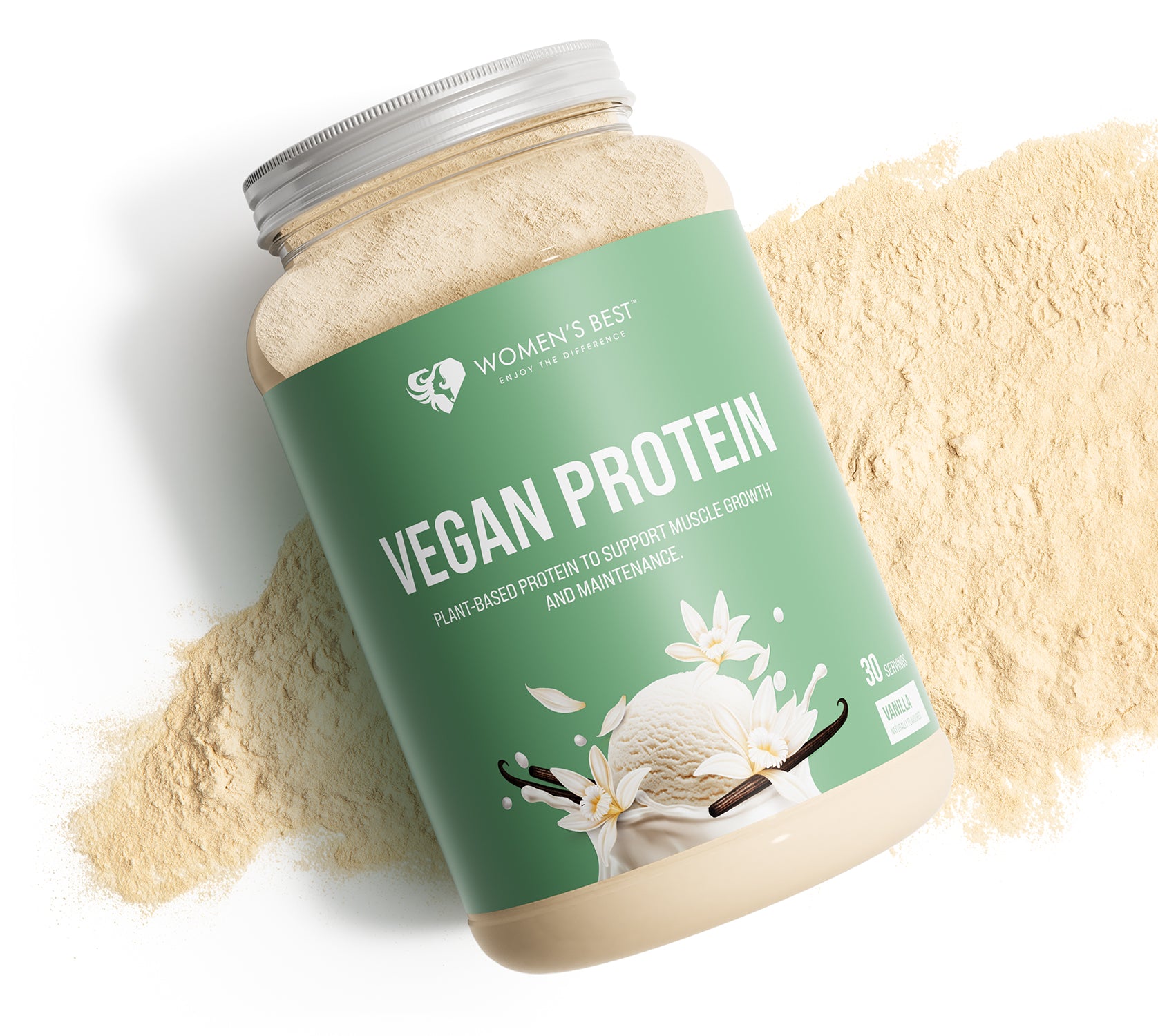
Choosing the Right Vegan Protein Powder
Understanding Labels and Ingredients
Choosing the right vegan protein powder involves understanding labels and ingredients. Look for products with minimal additives, fillers, and artificial sweeteners. The primary ingredient should be a plant-based protein source, such as pea, hemp, or brown rice protein. Check for certifications like organic, non-GMO, and third-party testing to ensure product quality and purity. Reading and understanding the label helps avoid unwanted ingredients and ensures that you are consuming a high-quality product that aligns with your dietary goals.
Considering Dietary Preferences and Ethical Standards
When selecting a vegan protein powder, consider your dietary preferences and ethical standards. Some protein powders include additional ingredients like superfoods, probiotics, or adaptogens that can enhance their nutritional profile and provide added health benefits. Ethical considerations such as sourcing, manufacturing practices, and company values may also influence your choice. Opt for brands that prioritize sustainability, fair trade practices, and transparent sourcing. Aligning your protein powder with your values ensures that your choices support both personal health and broader ethical commitments.
Potential Drawbacks and Considerations
Taste and Texture Challenges
One common challenge with vegan protein powders is their taste and texture. Plant-based proteins can sometimes have a gritty or chalky texture and a distinct earthy or grassy flavor. However, many brands have improved their formulations to enhance taste and consistency. Mixing protein powder with flavorful ingredients like fruits, nut butters, or cocoa can help mask any undesirable flavors and create a more enjoyable experience. Sampling different brands and flavors can help find a product that suits your taste preferences and dietary habits.
Possible Overconsumption Risks
While protein is essential, overconsumption of vegan protein powder can lead to potential health risks, such as kidney strain, nutrient imbalances, and digestive issues. It is important to consume protein powder as part of a balanced diet that includes a variety of whole foods. Calculating daily protein needs based on factors like age, weight, activity level, and health goals can help prevent overconsumption. Consulting with healthcare professionals to determine the appropriate protein intake ensures a balanced and healthful approach to protein supplementation.
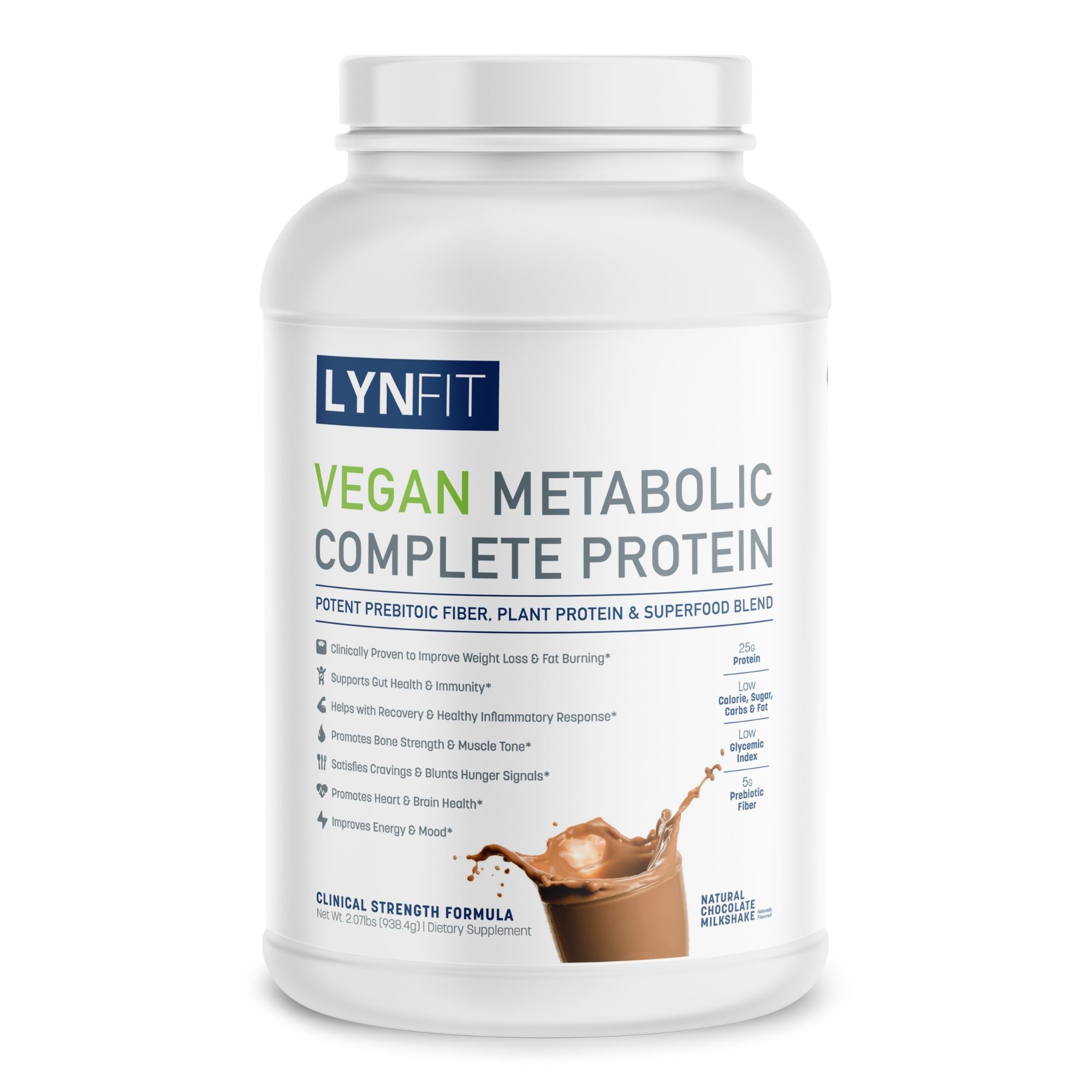
Conclusion: Embracing Vegan Protein Powders for Optimal Health
Integrating Vegan Protein into a Balanced Lifestyle
Vegan protein powders offer a convenient and efficient way to supplement dietary protein, supporting muscle growth, weight management, and overall health. Their high nutrient density, digestibility, and allergen-free options make them suitable for a wide range of dietary needs. Integrating vegan protein powders into a balanced lifestyle involves understanding individual protein requirements, choosing high-quality products, and incorporating them into diverse meals and recipes. By doing so, individuals can enjoy the benefits of plant-based nutrition while maintaining a well-rounded and healthful diet.
Making Informed Choices for Sustained Well-Being
Choosing the right vegan protein powder requires careful consideration of ingredients, dietary preferences, and ethical standards. Understanding labels, prioritizing quality, and considering taste and texture ensures that protein supplementation is both effective and enjoyable. Embracing vegan protein powders as part of a comprehensive approach to nutrition supports sustained well-being and ethical values. By making informed choices and integrating plant-based proteins into daily life, individuals can enhance their health, support environmental sustainability, and contribute to a more compassionate world.
